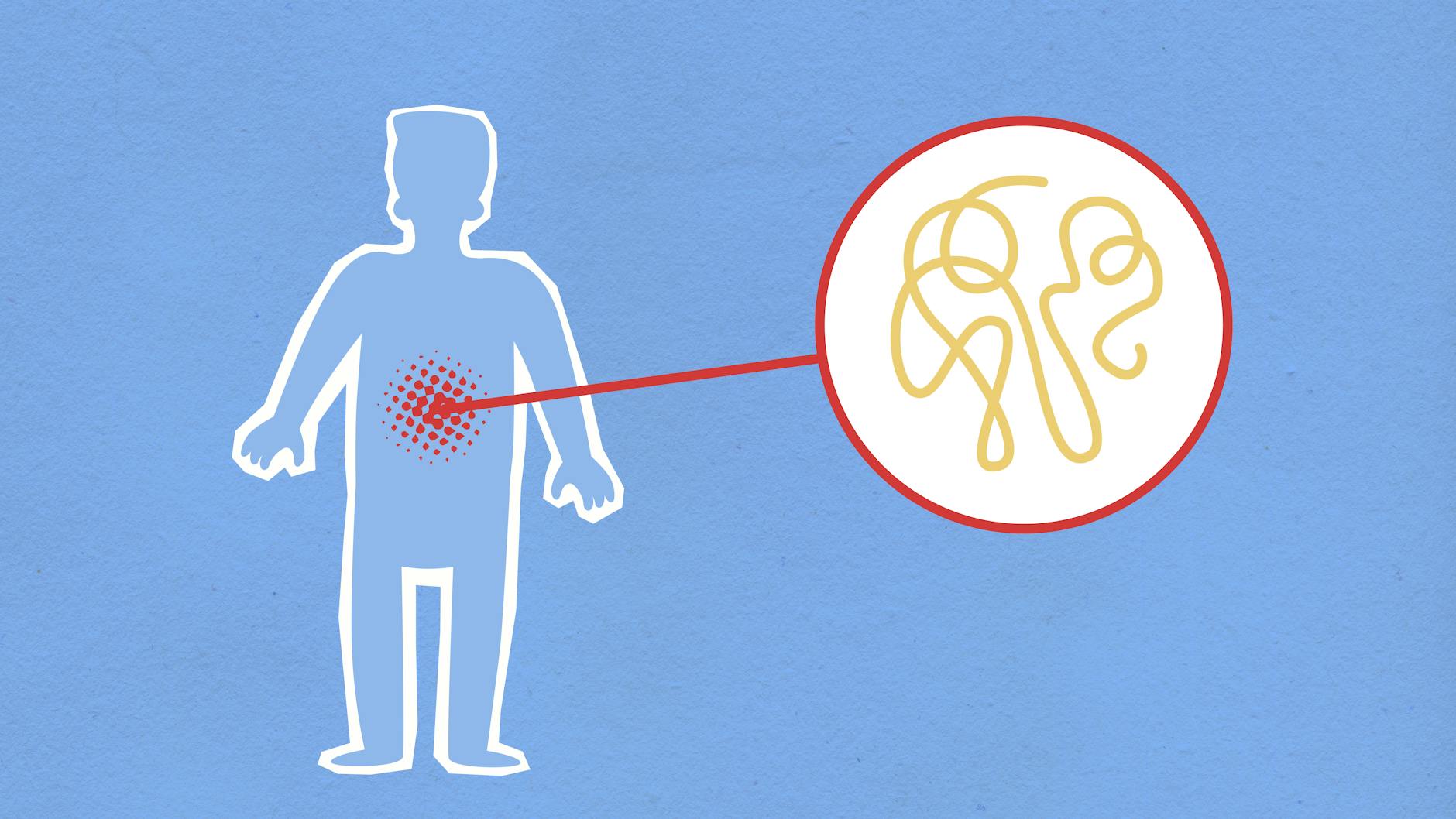
You think it’s just your stomach, but soon it shapes your whole day
A little bloating after lunch.
Some tightness in the lower belly.
Nothing sharp, nothing urgent.
But it comes again the next day.
And the next.
You start noticing patterns—
but they don’t always make sense.
Sometimes bread hurts.
Sometimes it doesn’t.
Sometimes even water feels heavy.
You begin to plan around your gut.
And that’s where the story begins.
You start noticing patterns—but they don’t always make sense
Digestive disorders don’t always arrive with drama.
They build themselves into your routine.
You stop trusting your meals.
You hesitate before second helpings.
You carry pills in every bag, just in case.
And still, the discomfort shows up.
Not always painful.
But distracting.
Exhausting.
Disruptive in ways that no one sees from the outside.
They don’t arrive loudly—they accumulate
Irritable Bowel Syndrome, or IBS, affects how your body moves food through the intestines.
Too fast.
Too slow.
Too unpredictably.
You live between constipation and urgency.
Gas becomes painful.
Bloating becomes normal.
Meals come with anxiety.
IBS doesn’t damage tissue.
But it changes how you move through your day.
And sometimes, your life.
Your gut is moody—like it has its own clock, its own weather
GERD begins with a burning chest.
Acid that rises when it shouldn’t.
You feel it behind your ribs.
In your throat.
In your mouth.
You sleep propped up,
skip wine,
avoid chocolate,
cut citrus.
And still, the fire comes.
A slow burn that doesn’t leave quietly.
You change how you eat—but still, some nights, it returns
Celiac disease doesn’t just dislike gluten—it treats it like an invader.
It attacks the gut wall.
And when it does, you stop absorbing what you eat.
Weight drops.
Fatigue builds.
Skin breaks out.
Bones weaken.
Symptoms vary.
Some feel it.
Others don’t.
But the damage grows quietly, cell by cell.
It causes fatigue, weight loss, skin issues—sometimes without gut symptoms at all
Crohn’s and Ulcerative Colitis go deeper.
They create ulcers.
Bleeding.
Inflammation that spreads beyond the gut.
You feel it in your joints, your skin, your eyes.
It’s not constant, but it returns.
It flares.
And when it does, it consumes everything.
There’s no ignoring it.
You feel pain that owns the day.
It’s inflammation that spreads like grief
Gallstones block the bile duct.
You feel it after dinner.
Under your ribs.
Radiating to your shoulder.
The pain sharpens fast.
Then fades.
Then returns again.
Eventually, you can’t ignore it.
Eating becomes something you fear.
Fatty foods become the enemy.
Surgery becomes the decision that brings back breath.
You curl forward instinctively—your body feels hijacked by something so small
Gastroparesis is the opposite of urgency.
The stomach slows.
Food doesn’t move the way it should.
You feel full after a few bites.
Not satisfied—just uncomfortable.
You lose weight.
You lose interest in food.
You start eating not because you want to—
but because you have to.
That shift takes a toll that few people notice.
Food sits in you like a stone
Pancreatitis feels like fire inside your core.
Pain that radiates around your body.
It hits suddenly.
Sometimes after eating.
Sometimes for no reason at all.
The pancreas swells.
It rebels.
You stop eating altogether.
You’re told to rest it.
To let the body catch its breath.
And wait.
You’re left wondering how something so small can shut your body down for days
Liver disease doesn’t always announce itself with pain.
Sometimes it shows up in your eyes.
In your labs.
In a scan you didn’t expect.
The liver is quiet.
Until it isn’t.
It carries the weight of metabolism.
And when it’s stressed, the whole body slows.
It’s often overloaded before anyone realizes it’s drowning.
The liver, always, matters more than you thought it did
Constipation, diarrhea, gas, reflux, nausea, bloating—
these are not just digestive issues.
They are signals.
And they mean something.
Gastroenterology isn’t about stomachs.
It’s about attention.
Listening to the body when it stops whispering and starts pleading.
Not for perfection.
Not for control.
Just for understanding.
